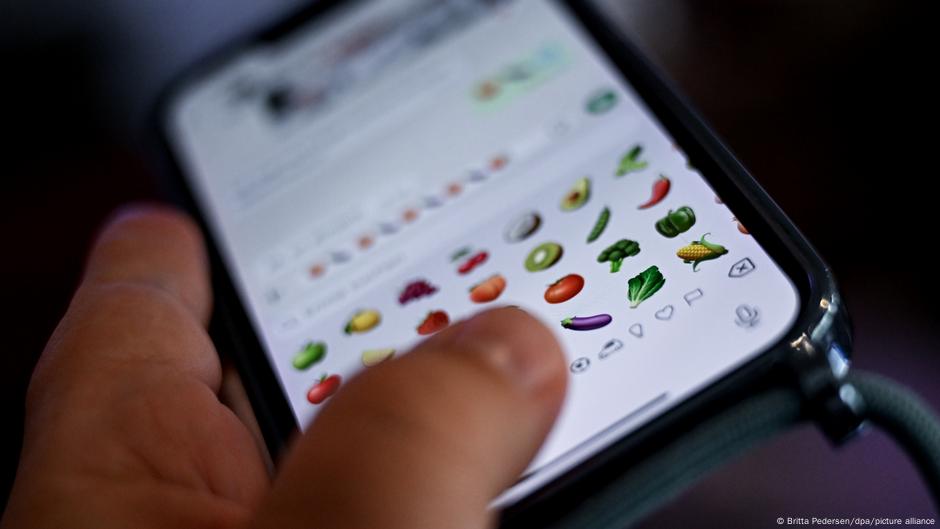Australian police said on Wednesday they were developing an artificial intelligence tool to help investigators decipher the emoji-filled and slang-heavy messages used by online predators.
Officials say the initiative could prove to be a gamechanger when it comes to tackling child exploitation in the digital age.
What did Australian police say about cracking the emoji code?
Australian Federal Police (AFP) Commissioner Chrissie Barrett said on Wednesday her force was working with Microsoft to create a prototype capable of interpreting Gen Z and Generation Alpha slang in encrypted messages and chat groups. “The purpose of this prototype is to make it easier for our teams to prevent children from harm much earlier,” Barrett said.
Gen Z refers to anyone born between the late 1990s and early 2010s, while Generation Alpha includes people born later. Together, they are the first fully digital-native generation shaped by social media, smartphones, and now AI.
Barrett said the initiative is part of a broader campaign to disrupt “decentralized online crime networks” that glorify violence and exploitation. “They are crime influencing people and are motivated by lawlessness and hurting others,” he said.
Barrett urged parents to engage more closely with their children about online activity, warning that criminals are taking advantage of slang, emojis and digital culture to hide abusive behaviour. He said, “If it used to take a village to raise a child, because of advancements in technology, it now takes a country to keep them safe.”
The AFP has identified 59 suspected criminals linked to such networks, of whom nine international and three domestic arrests have already been made.
Who are the criminals?
The three suspects detained in Australia were aged between 17 and 20. Barrett said they were members of online groups that groomed victims online and coerced them into acts of self-harm or violence.
Barrett said, “These networks, which I will not name because it would validate the notoriety they seek, are a new and troubling front in traditional gender-based violence.” “It’s purely for their entertainment – for fun – or to become popular online without fully understanding the consequences.”
“By and large, the offenders are young boys and young men from Western English-speaking backgrounds,” Barrett said. “On a large scale, young girls are victims, and they are being bullied, exploited and controlled. Typically, these young girls have low self-esteem, mental health disorders, a history of self-harm, eating disorders or other qualities that may lead them to seek connections online.”
Barrett said the perpetrators would challenge each other to encourage victims to commit serious acts of violence on others, including themselves, siblings and pets.
“To be accepted into these networks, criminals often have to pass a test or perform a task, such as providing videos of self-harm to others or other gory material.”
The announcement comes as Australia prepares to implement new age restrictions on social media from December 10. Under the new rules, platforms including Facebook, Instagram and TikTok will have to remove users under the age of 16.
Edited by: Kieran Burke






Leave a Reply